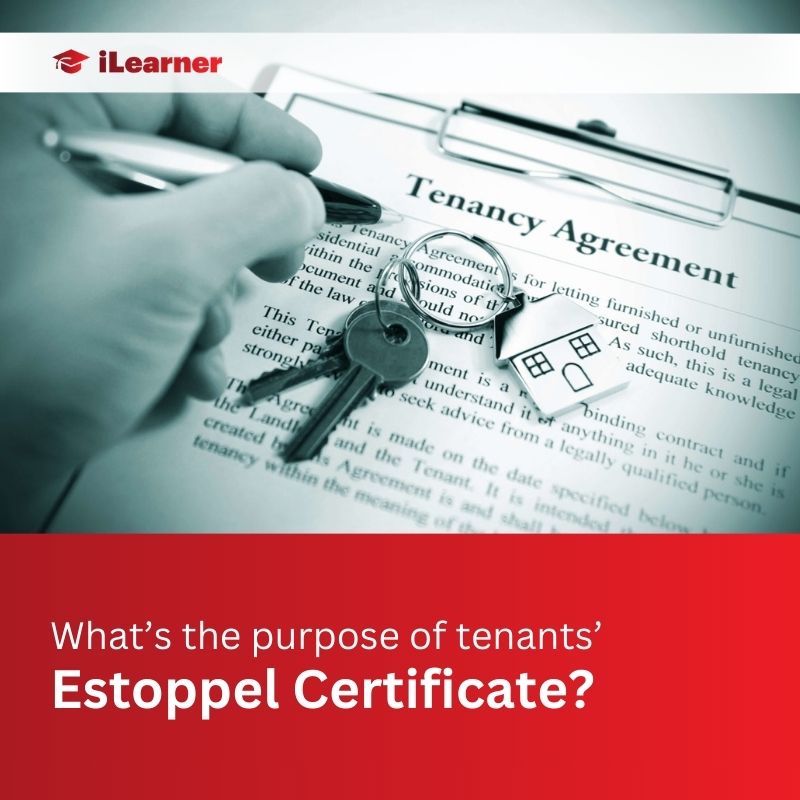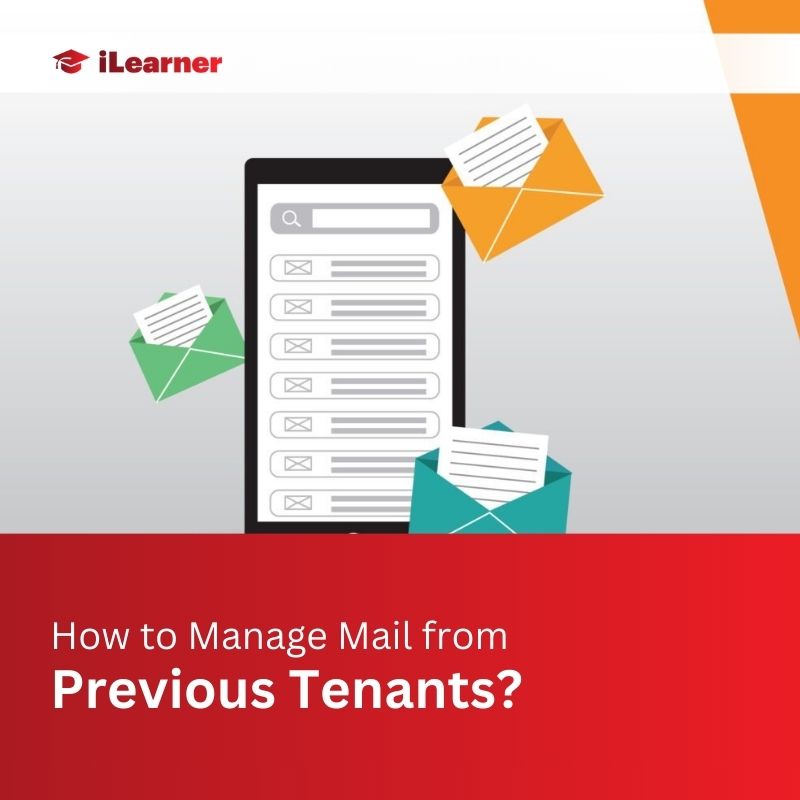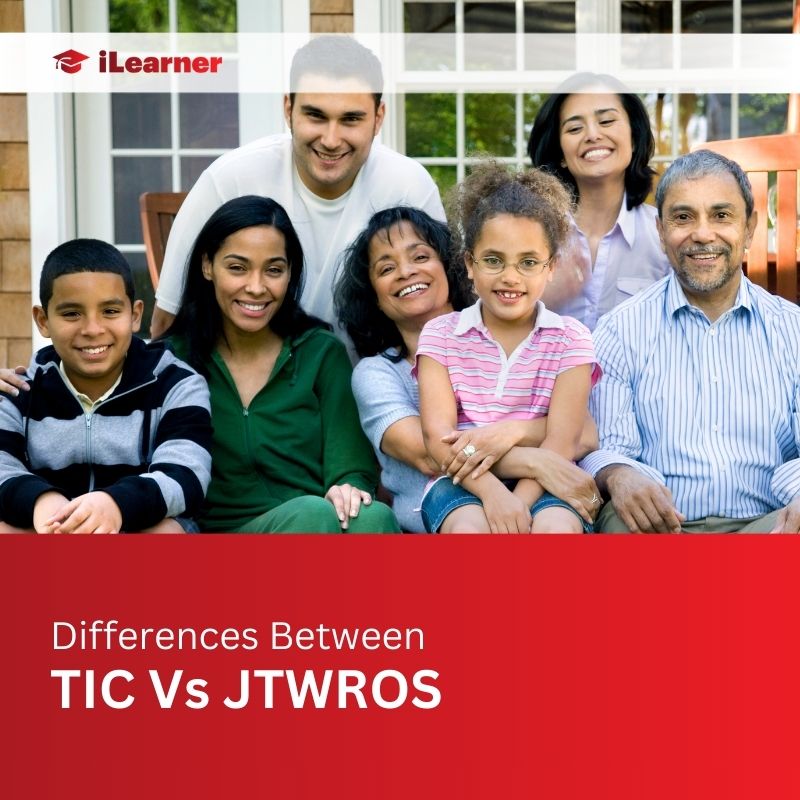In the realm of commercial real estate, the term “estoppel certificate” may sound complex, but it plays a crucial role in ensuring transparency and stability in landlord-tenant relationships. This guide aims to demystify the concept, explaining what an estoppel certificate is, why it’s required, and how tenants can navigate this process.
What is an Estoppel Certificate?
An estoppel certificate is a formal document in a commercial lease agreement, acting as a confirmation statement provided by tenants. This document verifies critical details such as the existence of a lease, accurate lease terms, the absence of defaults, and the commitment to paying rent as specified. In simpler terms, it outlines the ground rules of the relationship between landlords and tenants.
Why Estoppel Certificates Matter?
Estoppel certificates are not just paperwork; they are fundamental tools in commercial property transactions and financing. They serve as a crucial part of due diligence, allowing parties involved, including lenders, investors, and potential buyers, to verify the enforceability of lease terms and the financial status of tenants.
When to Expect an Estoppel Certificate
Tenants might encounter an estoppel certificate during significant events, such as property sales or financing processes. While it’s a routine practice in commercial real estate, tenants may find the concept unfamiliar, especially if it’s their first encounter.
Components of Estoppel Certificates
Estoppel certificates cover various aspects, providing a comprehensive snapshot of the lease agreement. Key components include lease dates, rental rates, square footage, information on rent, options for renewal, defaults, and details about tenant improvements. These details are crucial for both tenants and those involved in property transactions.
Tenant Responsibilities in the Estoppel Process
Tenants play a significant role in the estoppel process. When presented with an estoppel certificate, it’s crucial to compare the provided information with the terms outlined in the lease agreement. Any discrepancies should be noted, ensuring the accuracy of dates, options, and other vital details.
Signing the Estoppel Certificate
Tenants are typically given a specific time frame, usually 5-10 days, to review and sign the estoppel certificate. Additionally, many estoppels require notarization for validity. It’s important for tenants to adhere to these timelines and processes to facilitate a smooth transaction.
Legal Assistance – Is it Necessary?
While estoppel certificates are generally straightforward, some tenants may feel more comfortable seeking legal advice. Engaging an attorney can provide an extra layer of assurance, especially if there are uncertainties about the estoppel’s terms or potential legal implications.
Navigating the Estoppel Process with Confidence
Estoppel certificates need not be intimidating. They are routine documents in commercial property transactions. Open communication with landlords is key. Tenants are encouraged to ask questions, seek clarification, and work collaboratively to ensure the accurate representation of lease terms in the estoppel certificate.
Conclusion
In summary, an estoppel certificate is a vital component of commercial leases, providing a clear and standardized confirmation of lease terms. Tenants, landlords, lenders, and investors all benefit from this document, ensuring transparency and reliability in commercial real estate transactions.
By understanding the purpose, components, and process of estoppel certificates, tenants can approach this aspect of their lease agreements with confidence and clarity. Open communication and collaboration with property managers further contribute to a positive and informed experience for all parties involved.
FAQs: Tenant Estoppel Certificate
Q1: How does the estoppel certificate benefit tenants during property transactions?
The estoppel certificate provides tenants with a platform to confirm the accuracy of their lease terms, protecting them from potential disputes. It assures tenants that the terms agreed upon in the lease are accurately represented, offering stability during property transactions.
Q2: Can tenants negotiate changes to their lease terms through the estoppel certificate?
No, the estoppel certificate is not intended for negotiating new lease terms. Its purpose is to confirm existing information, terms, and conditions. Any desired changes to the lease should be addressed through separate negotiations with the landlord.
Q3: Is it mandatory for tenants to engage legal assistance when reviewing an estoppel certificate?
Legal assistance is optional but can provide additional assurance, especially if tenants have concerns or uncertainties. While most tenants may not need legal review, those seeking extra confidence can choose to engage an attorney during the estoppel review process.
Q4: How long do tenants typically have to review and sign an estoppel certificate?
Tenants are usually given a specific timeframe, typically ranging from 5 to 10 days, to review and sign an estoppel certificate. Adhering to this timeframe is crucial to facilitate a smooth and timely transaction during property sales or financing processes.
Also Read:




